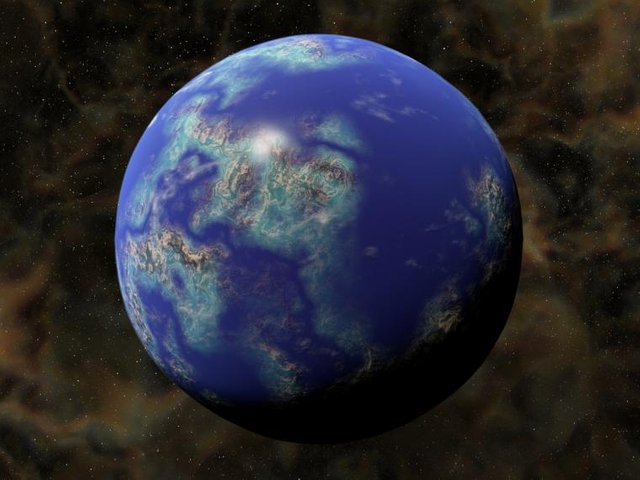The existence of 100 new exoplanets is confirmed
Among them there are small worlds like Earth and big ones like Jupiter. Some would be as hot as lava, but others would be potentially fit for life.

An international team of astronomers has confirmed this week the existence of 104 exoplanets, of which 60 have been discovered on this occasion. In a couple of articles that have been published in The Astronomical Journal (1 and 2), and that have been directed by John Livingston, they have presented the considerable diversity of these worlds and the importance of the role they will play in both the science of exoplanets and in the search for life. "We have broken our old record with this last article," said a proud Livingston.
The detections were made by scientists from the University of Tokyo (Japan) and the Astrobiology Center of the National Institute of Natural Sciences (also in Japan). For this, they set out from the task of examining a total of 155 candidates for exoplanets found by the Kepler space telescope, already out of service, during the K2 campaign, which began in 2013. They have also used data from the Gaia mission, from the European Space Agency (ESA).
Seven of the 104 exoplanets found are characterized by having ultra-short periods of less than 24 hours, which indicate that they are extremely close to their stars and that their years are shorter than the Earth days. The interesting thing is that this fact supposes a challenge for the theories that try to explain the formation of exoplanets, since they contemplate scenarios where the worlds are much closer to their suns. Therefore, these findings will be relevant to drive advances in these theories.